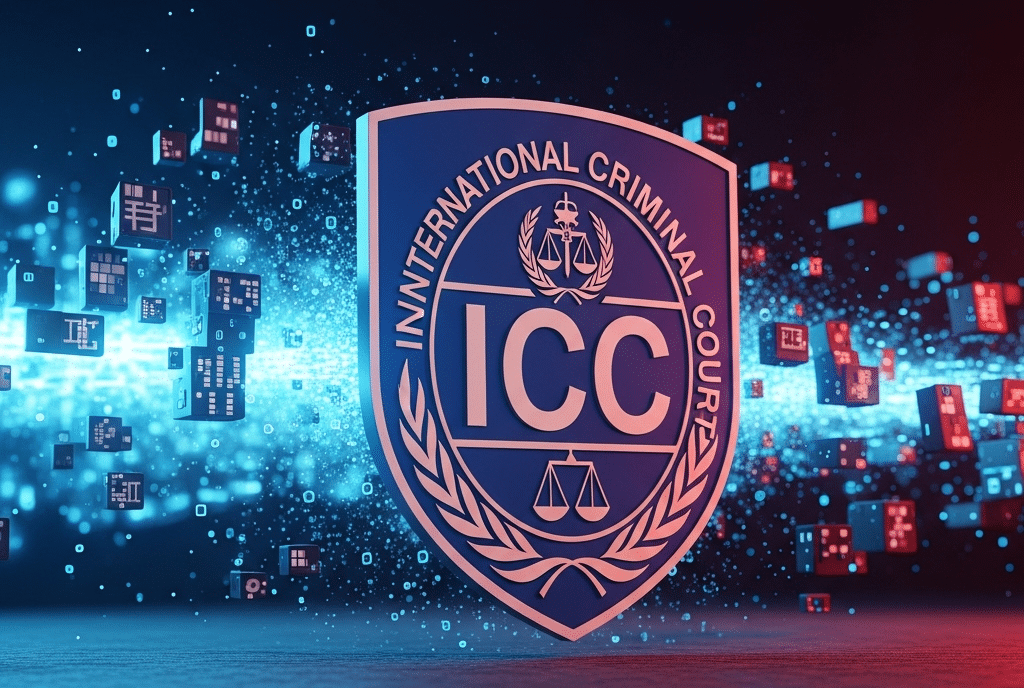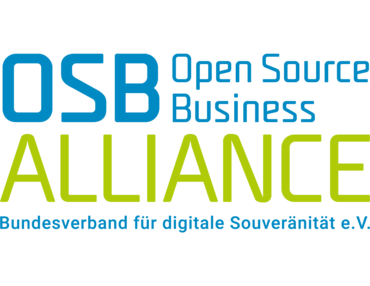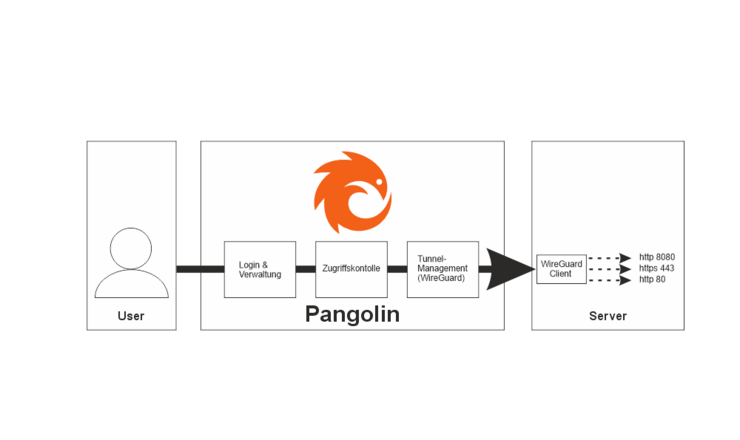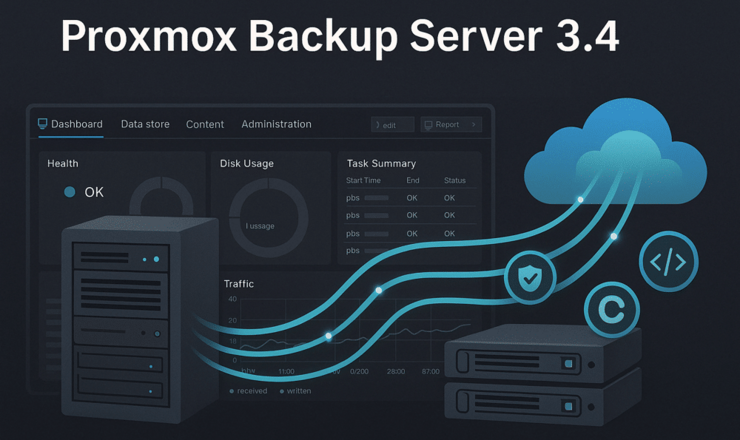Digital independence thanks to open source
Lessons from the Microsoft case and the International Criminal Court (ICC).
A wake-up call - not only for governments
The case shows how fragile digital infrastructures can be when they are based on proprietary services. Digital sovereignty not only means freedom of choice for the provider, but also control over the technical basis itself. Open source offers the best starting point for this: transparent, jointly developed and independently usable.
For institutions with particularly high independence requirements - such as courts, authorities, universities or critical infrastructures - open source is not an ideology, but a strategic necessity.





